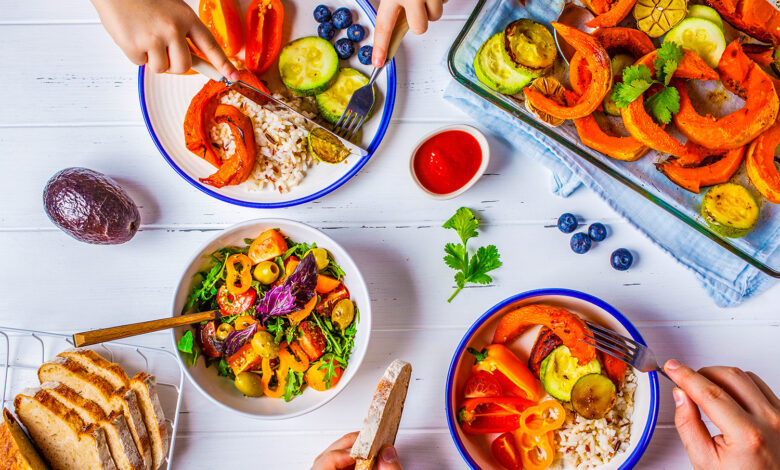The differences between vegan and vegetarian diets

A nutritious diet is an essential element of a healthy lifestyle. Everyone from small children to fully grown adults have their own dietary preferences, and the choices people ultimately make can go a long way toward ensuring their long-term health.
Vegan and vegetarian diets are two popular, yet sometimes misunderstood, approaches to eating. In fact, vegan and vegetarian diets are sometimes mistaken as one and the same. However, the Vegetarian Society notes there are some distinctive differences between vegan and vegetarian diets.
Vegan diet
While veganism is often mistaken as simply an approach to diet, it is much more than that. The Vegan Society defines veganism as a way of living that seeks to exclude, as far as is possible and practicable, all forms of exploitation of, and cruelty to, animals for food, clothing or other purposes. While avoiding animal-based food products is an important component of a vegan lifestyle, committed vegans attempt to avoid all animal products, including clothing, and products that might have been tested on animals.
So what do vegans eat? The Vegan Society notes that a vegan diet is diverse and includes fruits, vegetables, nuts, grains, seeds, beans, and pulses. Thanks to the internet, delicious recipes for vegan dishes, including vegan pizzas and desserts, are never more than a few clicks away. In fact, vegans and prospective vegans can find a host of recipes on The Vegan Society website at www.vegansociety.com.
Vegetarian diet
The Vegetarian Society defines vegetarians as people who do not eat fish, meat or chicken. It might come as a surprise to some people to learn that vegetarians do not eat fish. Pescatarians are people who avoid meat and chicken but do eat fish. While pescatarians are similar to vegetarians, a true vegetarian diet does not include fish.
Many vegetarians choose to be so for a variety of reasons. Like vegans, many vegetarians avoid animal products to prevent the exploitation of animals. Another reason some people follow vegetarian diets is to reduce their impact on the environment. The Vegetarian Society notes that vegetarian diets result in 2.5 times less carbon emissions than meat diets.
So what do vegetarians eat? A vegetarian diet includes fruits, vegetables, grains, pulses, nuts, seeds, eggs, dairy products, and honey.
Vegan and vegetarian diets are healthy approaches to eating that are embraced by millions of people across the globe.




